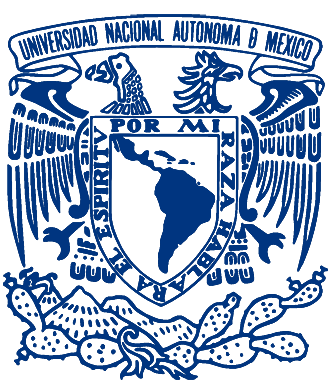Hecho en México, 1995-2013 © D.R. Universidad Nacional Autónoma de México.
Instituto de Investigaciones Económicas. Circuito Mario de la Cueva, Ciudad de la Investigación en Humanidades, Ciudad Universitaria, C.P. 04510, México, D.F.
Esta página puede ser reproducida con fines no lucrativos, siempre y cuando no se mutile, se cite la fuente completa y su dirección electrónica. De otra forma requiere permiso previo por escrito de la institución.
Créditos | Aviso de privacidad | Contacto

